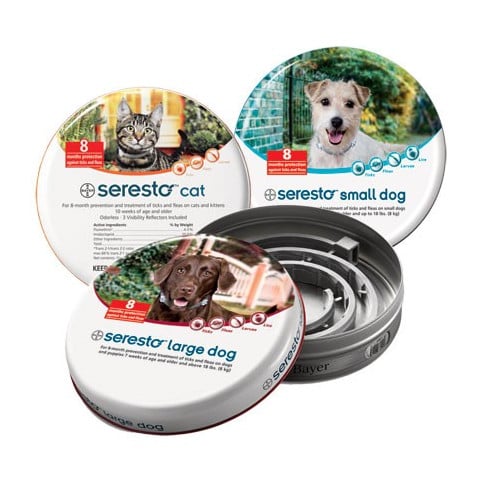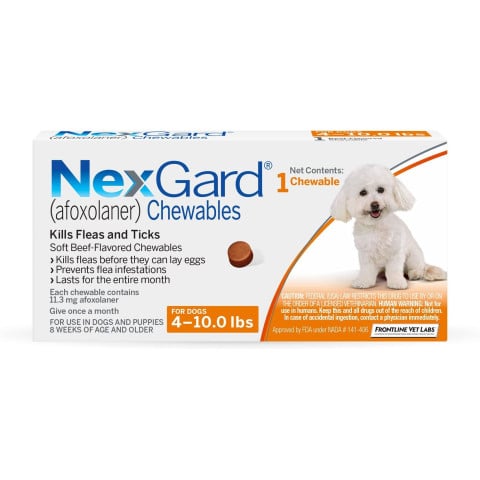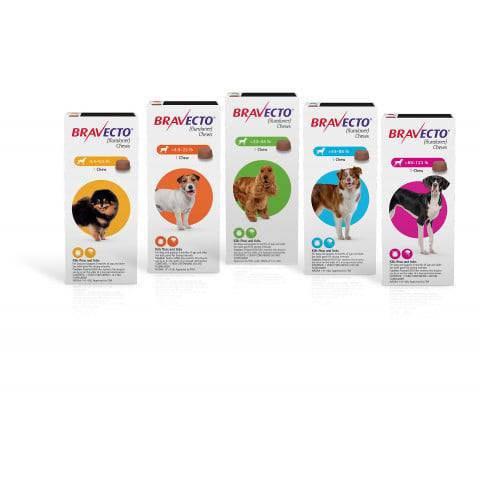Why tick prevention is necessary?
Dogs, in general, are very susceptible and sensitive to tick bites and tick-borne diseases, which makes it important for pet owners to protect their dogs against ticks. Use of tick prevention product is more effective over vaccinating dogs because vaccines, for one, are not available for all tick-borne diseases that dogs can get; and that vaccines don’t prevent dogs from bringing ticks into your home.
How to diagnose?
It can be very difficult to find tick bites on dogs. If you think your dog has been bitten by a tick, watch your dog closely for changes in behavior or appetite because signs of tick-borne disease may not appear for 7-21 days (or longer) after a tick bite.
Prevention against Ticks
Consult your Veterinarian about using tick preventatives on your pet.
If your pet spends time outdoors, check your pets for ticks on a regular basis.
If you find a tick on your dog, remove it immediately.
Each time you visit your Veterinarian, ask to conduct a tick exam.
Talk to your Veterinarian about tick-borne diseases in your area.
Create a tick safe zone, to reduce tick habitat in your yard, by some simple landscaping techniques.
Products available for tick control
Many types of tick control products are available for prevention and treatment of ticks. Consult your Veterinarian before selecting any anti-tick product for your dog, particularly if the product is a pesticide.
Drugs: Many types of drugs are available for prevention and treatment of ticks. Drugs typically have a lasting effect of 4 weeks to 12 weeks. Use of drugs is one of the most effective tick control solution available. Be aware that some drugs protect and treat against only certain types of ticks. Consult your Veterinarian before starting your dog on a drug for tick control.
Topical Application Products: A popular choice for tick prevention is application of a topical pesticide on your dog’s body. One application of the product dose usually lasts between 30 and 90 days. Some products not only repel, but also kill ticks.
Tick Collars: Tick collars are relatively non-intrusive. Many tick collars contain a dog-safe pesticide that kills ticks without poisoning your dog. Some pesticides kill ticks on contact; others are absorbed into your dog's bloodstream, over time, and kill ticks that attach and feed. Tick collars need to be replaced every 3 to 4 months. Be aware that most tick collars lost effectiveness when they get wet. If your dog spends a lot of time in water, tick collars may not be the right solution for you.
Tick Sprays: Tick-repellent sprays are typically designed for a one-time use. They are not as lasting when compared to other options. While many tick sprays contain pesticides and insecticides, some natural ingredients based tick sprays are also available.
Tick Shampoo: Many medicated shampoos are available for treatment against ticks. These products are primarily designed to rid your dogs of the ticks that are already on your dog.









Blog recent comments